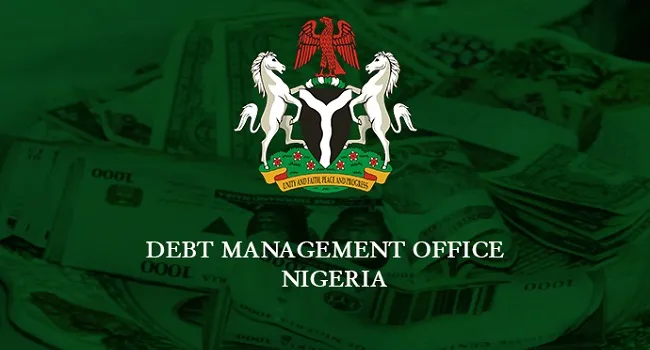As of 30th June, 2025, Nigeria’s public debt stock has witnessed a new surge of N152.40 Trillion (approximately $99.66 Billion), this was disclosed by the latest data released by the Debt Management Office (DMO) on Saturday, 11th October.
The new figures revealed a continued upward trajectory, marking a N3.01 Trillion which is 2.01–percent increase from the N149.39 Trillion recorded just three months prior at the end of March. In dollar terms, the national debt profile grew by 2.49–percent from $97.24 billion.
The DMO attributed the quarterly rise to additional domestic borrowings by the Federal Government and disbursements from existing multilateral and bilateral facilities. This highlights the government’s continued reliance on debt to finance its budget, and implement economic reforms amid efforts to boost revenue and stabilise the foreign exchange market.
The Debt Portfolio Breakdown
The Nigeria’s external debt is stranded at $46.98 billion (N71.85 trillion). The World Bank remains the country’s largest single creditor, with a total debt of $18.04 billion, which constitutes 38% of the total external debt.
Multilateral and bilateral loans also contribute significantly to the figure, with international financial institutions such as the African Development Bank, the International Monetary Fund (IMF), and the Islamic Development Bank, collectively accounting for $23.19 billion, or 49.4% of the external portfolio.
Bilateral loans primarily from the China Exim Bank ($4.91 billion), total $6.20 billion, borrowings through international capital markets via Eurobonds amount to $17.32 billion, representing 36.9% of external debt.
Domestic debts on the home front translated into ₦80.55 trillion increments from ₦78.76 trillion. The bulk of this is composed of Federal Government bonds (₦60.65 trillion), Treasury bills (₦12.76 trillion), and Sukuk bonds (₦1.29 trillion).
Meanwhile, the DMO data further showed that the vast majority of the debt is held by the Federal Government, which accounts for N141.08 trillion, or 92.6–percent of the total stock. The 36 states and the Federal Capital Territory (FCT) collectively owe the remaining N11.32 trillion which is 7.4–percent.
While the DMO maintains that the country’s debt remains within sustainable limits, financial analysts have raised concerns. The escalating debt service costs, coupled with significant exchange-rate risks, are projected to place considerable strain on future national budgets. This growing interest burden could potentially constrain the government’s fiscal flexibility and limit spending on critical social and infrastructural projects in the coming years.

